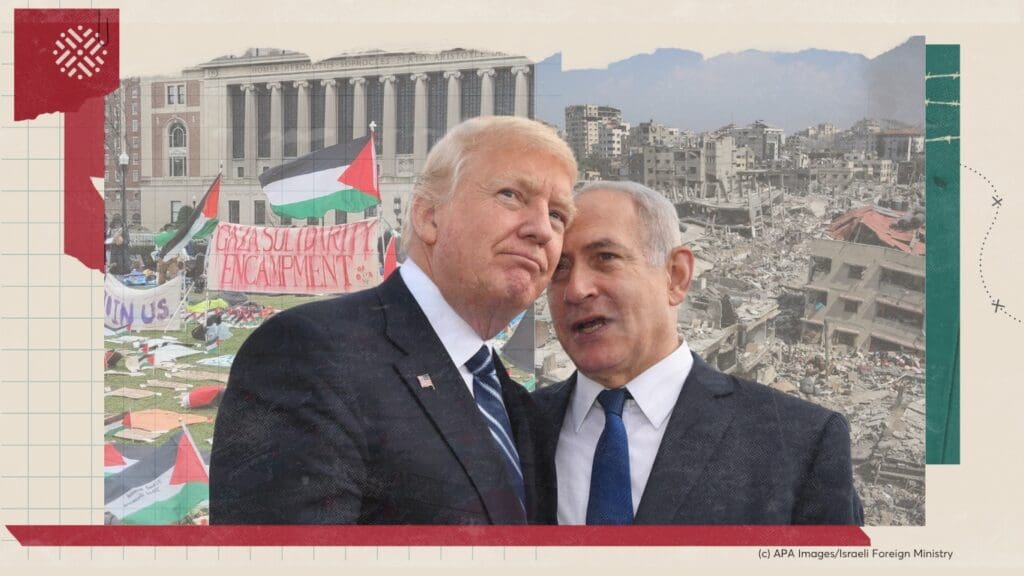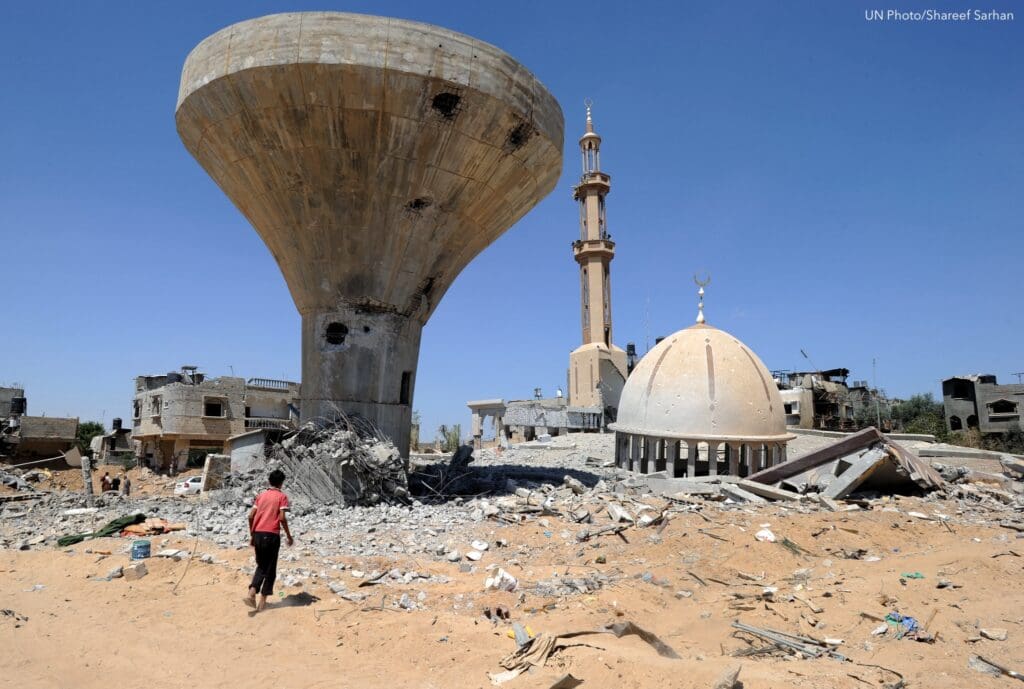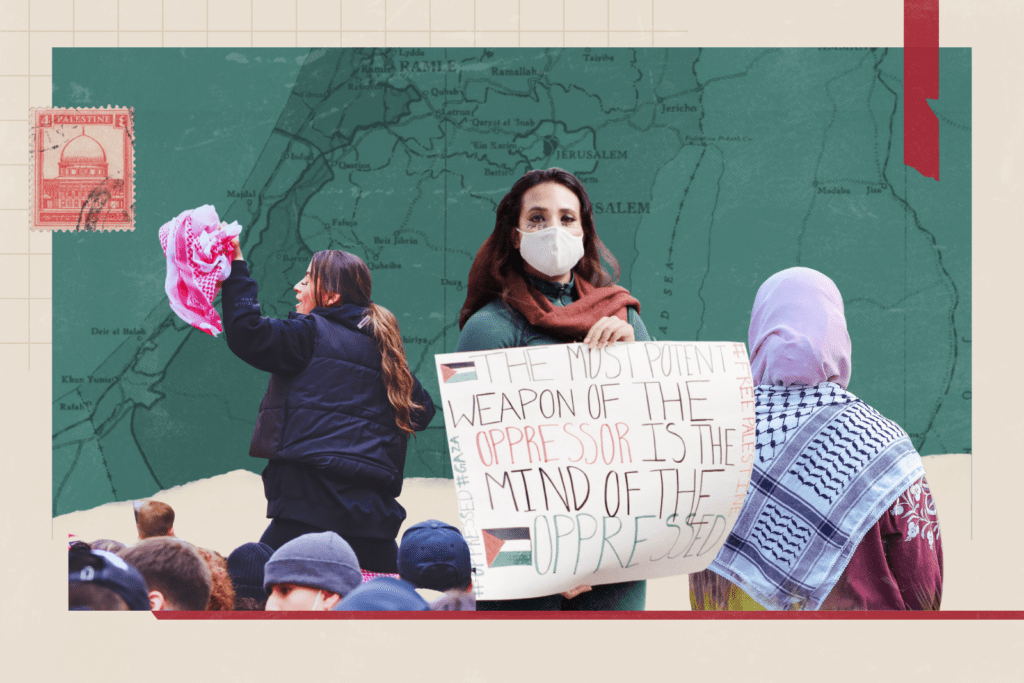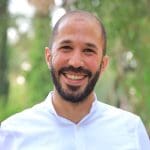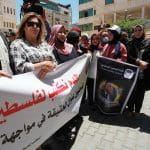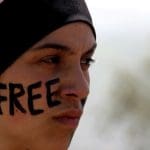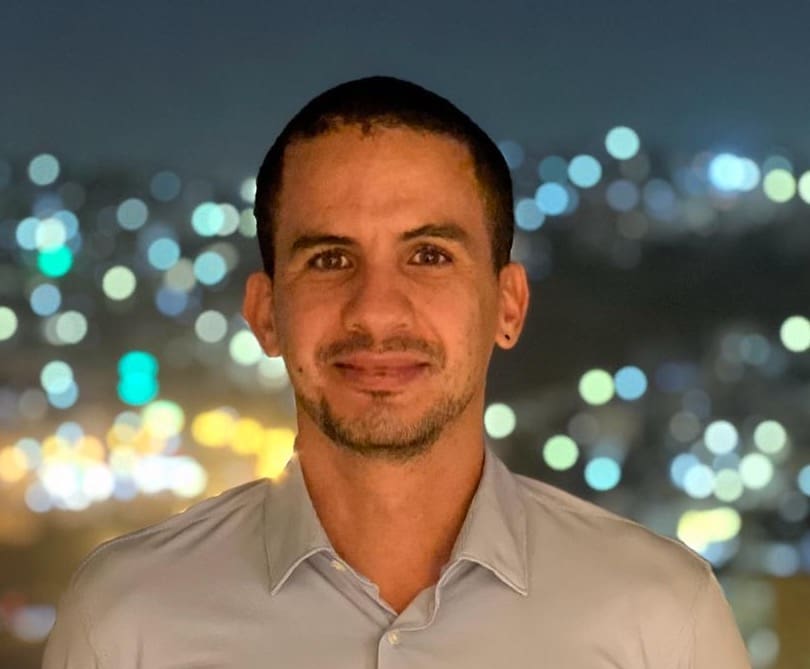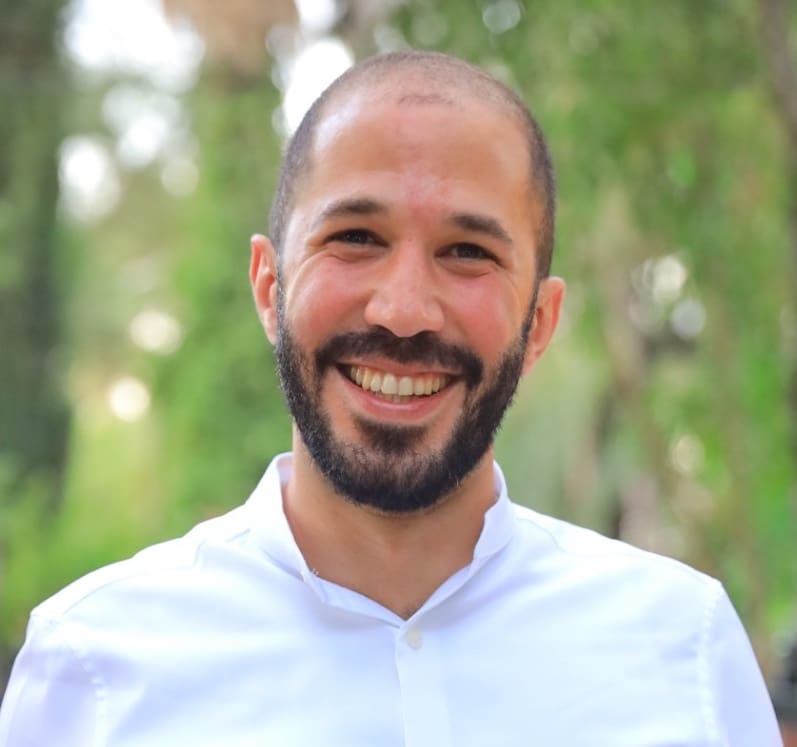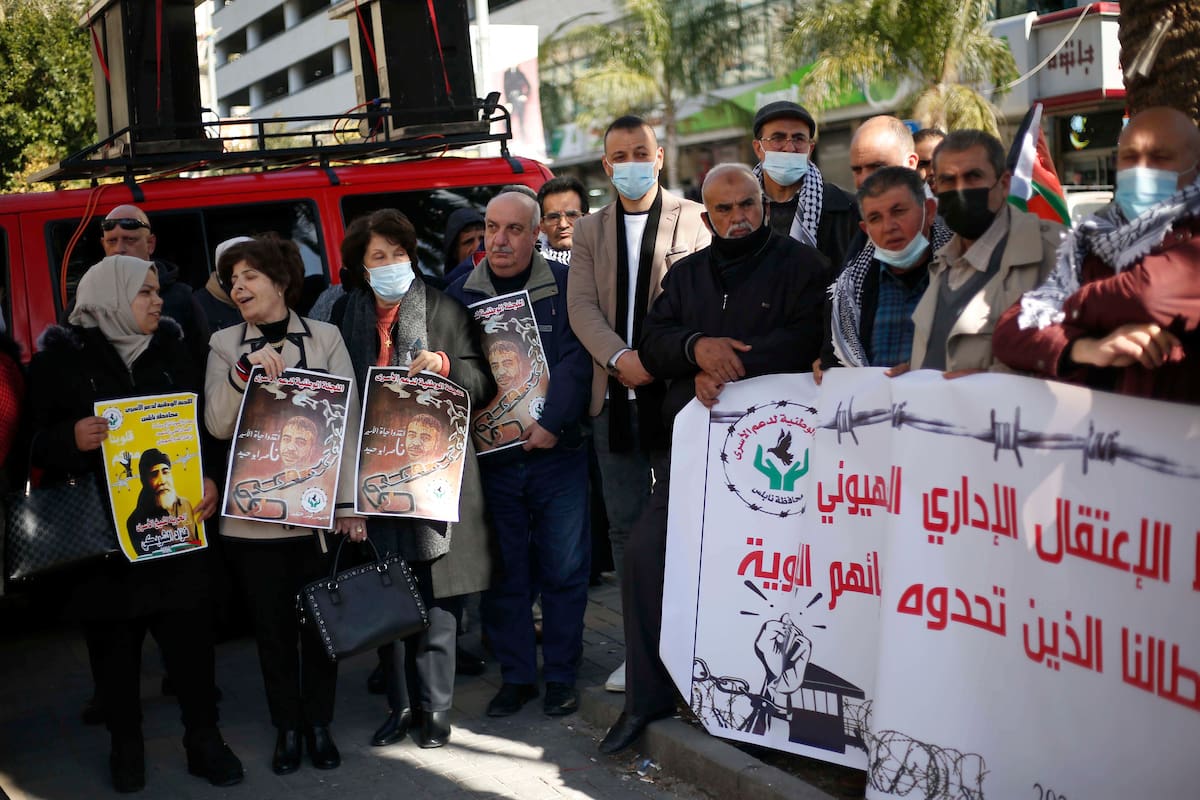
Palestinian prisoners have mobilized in Israeli prisons in unprecedented ways over the past months—including their successful escape from Gilboa prison in September 2021, and through the administrative prisoners’ boycott of Israeli military courts since the beginning of 2022. What does the ongoing prison uprising indicate about the relationship is between Palestinian prisoners and the occupation’s detention system? How can civil society organizations and Palestinian and international legal bodies support this movement?
This policy lab is only available in Arabic, and may be viewed here.
Nadim Bawalsa is Associate Editor with the Journal of Palestine Studies. From 2020-2023, Nadim served as Al-Shabaka’s commissioning editor. He is a historian of modern...
Basil Farraj is an Assistant Professor at the Department of Philosophy and Cultural studies, Birzeit University. He is currently working on a research project that...




